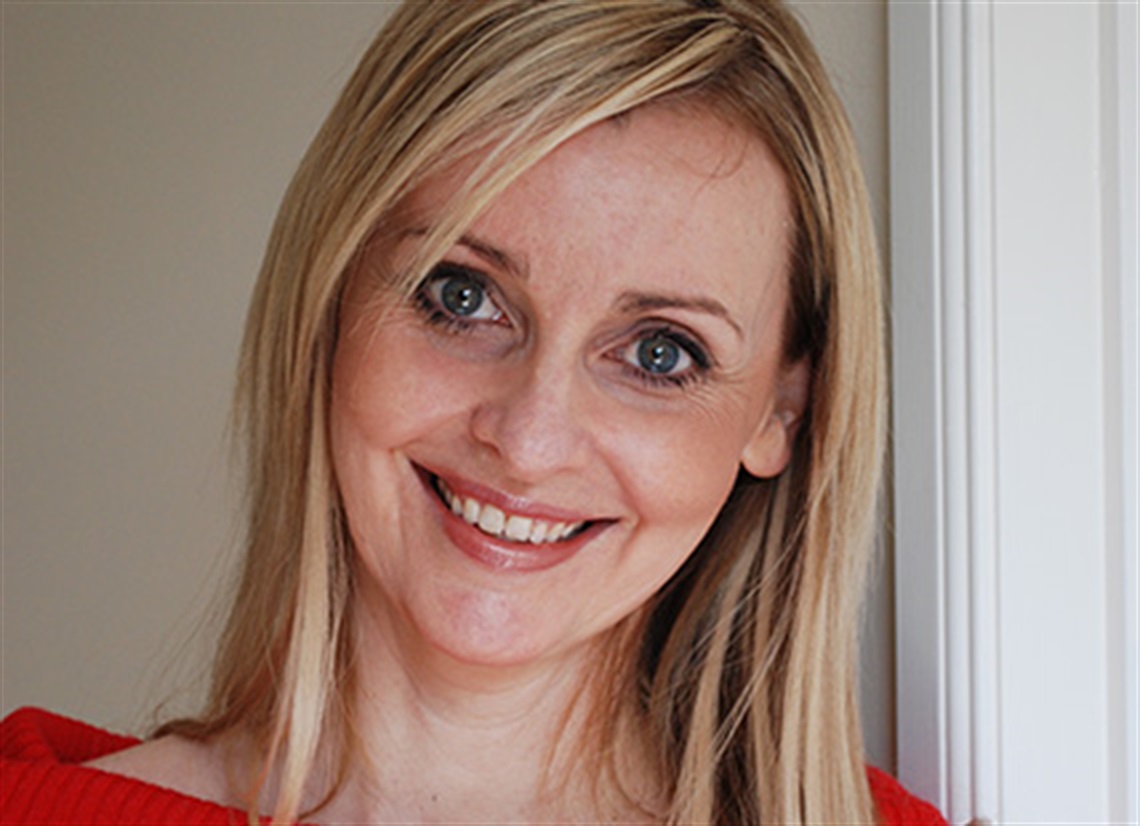Arts Access at FAC: Live Theatre Open Captioning
Published on 02 June 2020

As an all-inclusive venue, the FAC is passionate about providing arts opportunities for all abilities. Selected performances in our Season productions offer Live Theatre Open Captioning, making live theatre more accessible to people with hearing loss. Open captions are displayed on large screens at either side of our stage, providing accurate, colour-coded text to allow instant understanding of what is being said on stage.
Nari Jennings is one of the performance industry’s most highly respected captioning professionals, and she works with the FAC to provide captioning services. She is also Chairperson of the Australian Theatre Captioning Advisory Group.
How and why did you get into Theatre Captioning?
Well, it goes way back to my childhood. I am from a family with a history of genetic deafness. While some of my family members were born deaf, my mother's hearing loss was a progressive one and, as her hearing loss deteriorated, music and other sounds more generally could distress her. As such, I grew up in somewhat of a silent home out of courtesy to my mother. The television volume was always muted (and there were no TV captions back then!) and no music was played in our home. When I was around 16 years old, my only hearing aunt took me to see a live performance of Puccini's 'La Boheme' at the Brisbane Performing Arts Centre. It was my first live performance and it was a deeply moving experience for me. I wondered afterwards how I could find a way that the joy that I had experienced myself that night could be shared by my deaf friends and family.
Fast-forward to 2004, my co-founder and I established our accessibility company Captioning Studio with the aim of providing high-quality captioning access for theatre and other media. We began at the Canberra Theatre Centre and, as word began to spread amongst the deaf community, our service expanded to other venues, including Frankston Arts Centre, Arts Centre Melbourne and the Sydney Opera House. Captioning Studio went on to win the Australian Human Rights Commission's Human Rights Award for Business, the Federal Government's National Disability Award and numerous National Captioning Awards. Most major venues and production companies in Australia are now using our service.

What training was involved?
I studied to become a professional captioner at the Queensland University of Technology. The course sadly no longer exists. In the mid-1990s I began to provide live captioning for ABC Television's 'The 7.30 Report', which was one of the very first television programs to offer live captioning in Australia.
With regard to theatre captioning, however, I am actually entirely self-taught. We had seen captioning systems used in the USA and the UK, whereby small LED screens displaying only two to three short lines of text are used. We felt that the experience could be so much better so we set about developing a brand new system of theatre captioning whereby plasma/LCD screens are used and the captions can build up on screen to eight lines of text. Based on our experience of deafness, we designed a brand-new way of displaying the captions on screen too. In 2010, we released a captioning app, offering patrons an additional method of viewing live theatre captions.
What is the best thing about doing Theatre Captions?
Firstly, I love that we are helping to bring the highest quality live captioned performances to deaf and hard of hearing people who perhaps would not be able to attend the theatre otherwise. I love working with theatre clients such as Frankston Arts Centre because, like me, you are passionate about access and inclusion for all! Finally, as a lover of the performing arts myself, I thoroughly enjoy the work that we do. It is indeed a privilege to prepare captions for many of the fantastic shows we have on offer in this country.
What happens when a performer goes off script?
This certainly can be challenging, although we have become somewhat expert at managing this over the years! Our theatre captioners are also trained and experienced stenographers, just like the reporters you would see sitting in courtrooms or in parliaments using specialised shorthand machines. When an actor goes off script, we simply revert to the shorthand machines and the live captioning seamlessly begins until the actor reverts to the script text and we can resume cueing the pre-prepared captions to screen. Given ad-libbing does take place frequently, we always have the same captioner prepare the caption file for the production as well as doing the actual captioning the show live. This way, they are completely familiar with the script and know instantly when the actors have started to ad lib and then when they resume with their lines from the script.
Do you have some favourite audience feedback?
Yes, we do! We absolutely love feedback from patrons. We receive emails, letters, cards - and even poems! This is one of our favourites:
“Oh, woe is me!
But hark! In Canberra recently,
On yonder wall did I see
A billboard Extolling a show – for me!
Live theatre with captions?
Can it be?
This surely was something that
I must see.
For the first time in years, I can honestly say I didn’t miss a single word of a performance, thanks to captions. And I now understand more about Shakespeare’s play than I ever did. How can this be? With the magic of captions, theatre came alive and accessible again.”
Of course, this kind of feedback inspires us to continue with our work.